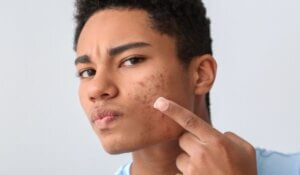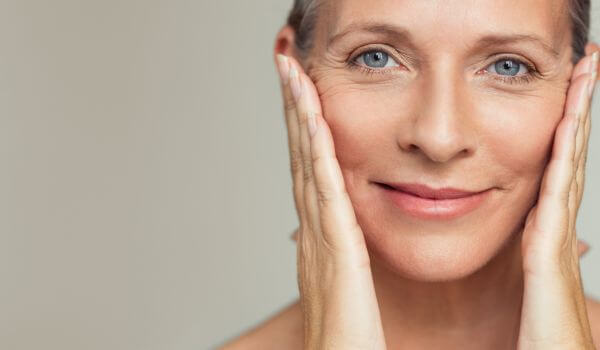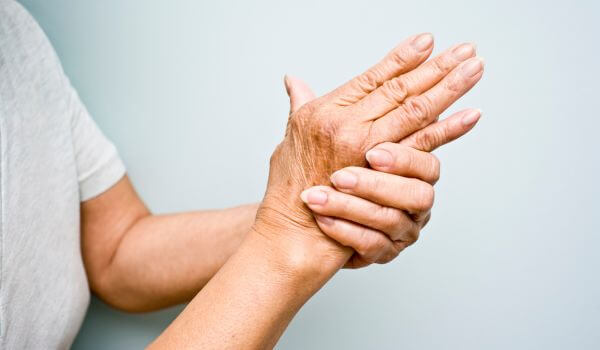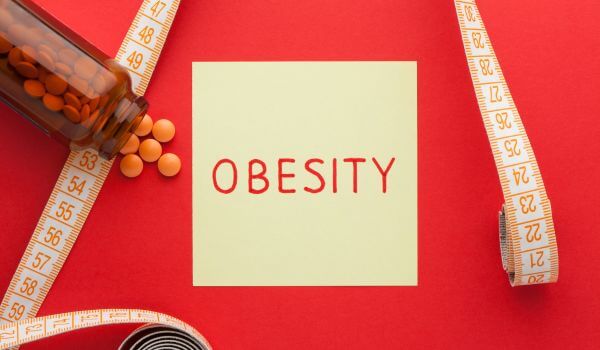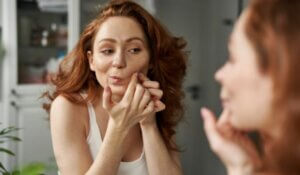 Acne is an undiscriminating skin condition that can affect kids, preteens, teenagers, working people, retirees, boys and girls, and men and women almost equally. However, while the less painful form of acne (acne vulgaris) is generally treatable with home remedies and tends to resolve independently, there is a more severe form known as inflammatory acne, which can progress into nodular acne.
Acne is an undiscriminating skin condition that can affect kids, preteens, teenagers, working people, retirees, boys and girls, and men and women almost equally. However, while the less painful form of acne (acne vulgaris) is generally treatable with home remedies and tends to resolve independently, there is a more severe form known as inflammatory acne, which can progress into nodular acne.
The widespread occurrence of acne in its varied forms brings many questions from our customers to our pharmacists and the customer support team. This blog is a collection of the most frequent questions regarding the causes and treatments for nodular acne. People struggling with this condition will find helpful information here. Have any other questions to add to the mix? We’d love to hear from you! Just email info@israelpharm.com with Nodular Acne FAQ in the subject line.
The fundamental facts about acne
Q1. What is acne?
Acne, in its simplest form, is a skin condition in which the pores through which glands exude sweat (skin follicles) become plugged. When this happens, they are referred to as comedones. There are two types of comedones – closed comedones (whiteheads), where the contents of the blocked follicles are not exposed to oxygen, and open comedones (blackheads), where the pores are dilated, which allows oxidation of the debris inside the follicle, allowing it to form a black plug.
Q2. Is acne a sign of poor hygiene or bad habits?
The development of acne has almost nothing to do with dirt or inadequate hygiene. The formation of comedones is an entirely spontaneous event, and they cannot simply be washed away.
Q3. Can basic acne progress?
Both forms of comedones (white and blackheads) can progress into red and tender bumps. When this happens, they are called papules (in some cultures, it’s pimples.) As they fill up with prurient material that cannot get out of the pores, a buildup of pus forms, turning the papule into a pustule. Papules and pustules are forms of inflammatory acne.
Q4. How does nodular acne progress?
If inflammatory acne lesions keep growing, the pustules expand and grow deeper, forming nodes. This phase is called nodular acne. It can progress even further if the nodules grow and fill with more pus. This stage is termed nodulocystic acne. The main differences are that in nodular acne, the nodules are hard and firm and are much more sensitive to touch, whereas nodulocystic bumps are softer and don’t feel as painful when touched.
Q5. What happens if you don’t treat nodular acne? 
If left untreated, nodular acne can worsen and lead to permanent scarring. Nodular acne is characterized by large, painful bumps under the skin and often resists topical treatments, making it harder to control without medical intervention. The acne nodules can persist for weeks or months, increasing the risk of acne scars as they are deeply rooted in the skin.
Q6. Can retinol cause nodular acne?
Retinol is a derivative of Vitamin A. Akne Mycin combines the antibiotic erythromycin with retinol to treat bacterial infections, including nodular acne. However, during the initial phase of treatment, retinol can have what is called a purging effect, in which clogged pores are cleared, leading to temporary breakouts. While this might generate new acne nodules, it is typically a sign that the medication is working rather than causing the problem. Over time, retinol helps to reduce inflammation and prevent the formation of new acne lesions by promoting cell turnover and preventing the buildup of dead skin cells.
Q7. Why did my pimple turn into a hard lump?
A pimple (also called a pustule) can become a hard lump when it progresses into nodular acne. It can occur when the pore becomes clogged with oil production, dead skin, and bacteria, and the inflammation penetrates deep into the skin. The body’s immune response reacts to contain the infection, creating a firm, painful nodule. These acne nodules are embedded more deeply than typical pimples and can persist longer without treatment.
Q8. What antibiotic is good for nodular acne?
Oral antibiotics like Oracea and Vibramycin (doxycycline) or Minocin and Dynacin (minocycline) are often prescribed to treat inflammatory acne that has progressed to nodular acne. These help to reduce bacterial growth and inflammation associated with the nodules. However, they are usually part of a broader treatment plan that might include topical treatments or oral medications like Accutane (isotretinoin), depending on the severity of the acne.
Q9. Does Accutane cure nodular acne?
Accutane (isotretinoin) is one of the most effective treatment options for curing nodular and nodulocystic acne. It works to reduce oil production, shrink oil glands, and prevent the formation of clogged pores. For many patients, a course of Accutane can lead to long-term remission of acne. However, due to its potential side effects, it is typically reserved for severe cases and requires close medical supervision.
Q10. How do you know if nodular acne is healing?
As nodular acne heals, the nodules’ size, degree of pain, and redness should be reduced. The affected area may begin to flatten out as the inflammation subsides. Topical treatments like retinoids or oral antibiotics can help speed up this process, but nodulocystic acne can take weeks to heal fully.
Q11. Why am I suddenly getting nodular acne?
The sudden onset of nodular acne can be triggered by several factors, including hormonal changes, a reaction to some medications, increased production of oils in skin pores, and even external factors such as stress. Hormonal changes coming from conditions like Polycystic Ovarian Syndrome (PCOS) or related to the onset of menstruation can lead to an increase in clogged pores and inflammation, which can progress to nodular acne. Stress can exacerbate lower levels of acne by increasing cortisol levels, which stimulates oil production. Medications such as birth control pills and hormone replacement therapy (HRT) can also contribute to the development of both nodular and nodulocystic acne.
Q12. Does salicylic acid remove nodular acne?
Drugs based on salicylic acid, such as Verrumal and Topisalen, can effectively treat many types of acne, but they alone may not be sufficient for nodular acne because of the depth and severity of the lesions. Salicylic acid works by exfoliating the skin, which helps to unclog pores and reduce inflammation. It is often used with other treatments, such as oral antibiotics or benzoyl peroxide, to treat nodular acne effectively.
Q13. Does tretinoin work on nodules?
Renova (tretinoin) is an effective retinoid for treating nodular acne by promoting skin cell turnover and preventing the formation of clogged pores. Tretinoin reduces the size and severity of nodules over time, and it is usually prescribed as part of a broader treatment plan that may include oral medications or other topical treatments.
Q14. How to tell if acne is hormonal or bacterial?
Hormonal acne often appears along the jawline, chin, and lower face and may worsen in women around menstruation. It is typically characterized by deep, painful nodules or cysts. Bacterial acne may be more widespread and includes a combination of whiteheads, blackheads, and pustules. Treating hormonal acne might require the use of birth control pills or other hormonal therapies, whereas bacterial acne may respond well to topical treatments and oral antibiotics.
Q15. Does stress cause nodular acne?
Yes, stress can cause or exacerbate nodular acne. Stress increases the production of cortisol, a hormone that can lead to increased oil production in the skin and worsen inflammatory acne. Managing stress through lifestyle changes, such as regular exercise and proper sleep, can help reduce the occurrence of nodular and nodulocystic acne.
Q16. Can nodular acne be cancerous?
Nodular acne itself is not cancerous, but it can sometimes be confused with other skin conditions. If a nodule does not respond to recommended acne treatment or if it changes size, color, or shape, consult a dermatologist to rule out other serious conditions.

